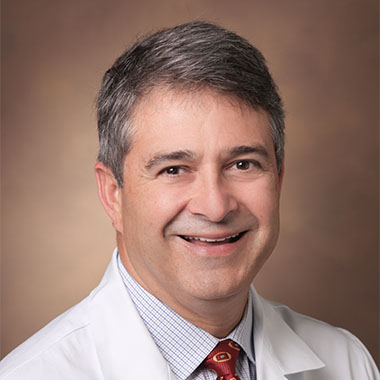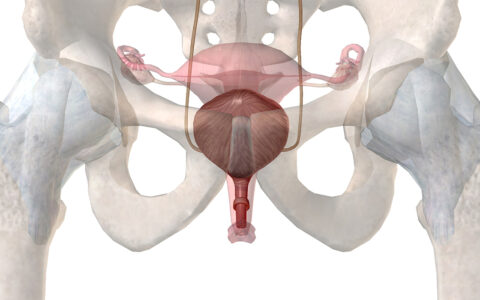Citing the need to “address the serious challenges facing women’s reproductive health,” officers of the American Gynecological & Obstetrical Society (AGOS) recently issued a new strategic plan for the organization’s efforts through 2020. The group elaborated on their motivations and vision in an April editorial in the American Journal of Obstetrics & Gynecology (AJOG).
The plan responds to concerning trends in the U.S.: increasing maternal complications and mortality; increasing prematurity; reduced access to and funding for care; increasing behavioral health issues; and strong disparities affecting disadvantaged populations. “If this does not represent a call to action, what does?” write the officers in AJOG.
“There is a clear need to raise public awareness about the health issues women of this century are facing,” said Ronald Alvarez, M.D., co-author on the editorial and chair of the Department of Obstetrics and Gynecology at Vanderbilt University Medical Center. “As the oldest professional obstetrics and gynecology organization in the nation, AGOS is well poised to lead this effort.”
Bringing Subspecialties Together
AGOS’ plan envisions a more “purpose-driven organization” with renewed commitment to representing the entire specialty of obstetrics and gynecology. Increased sub-specialization and other focused interests have been leaps forward, but also fracturing, the officers write.
“AGOS has a role to play as a unifying organization with leaders from across the specialty, including specialists and subspecialists, that can speak with a single, unified voice for the reproductive health of women, training in obstetrics and gynecology, and research in the reproductive sciences,” they write in AJOG.
The ongoing trend toward increased specialization, and potentially compartmentalization, is reflected in the proportion of residents entering American Board of Obstetrics and Gynecology (ABOG)-accredited fellowships. The share of residents pursuing maternal–fetal medicine, gynecologic oncology, reproductive endocrinology and infertility, or female pelvic medicine and reconstructive surgery has increased steadily since 2000.
An Urgent Agenda for Today
AGOS is uniquely qualified to promote a broad-based advocacy program because it is without the focused mandates or “pecuniary” practice interests of other specialty organizations, the officers write. Their strategic plan prioritizes women’s health advocacy, research funding, workforce growth and mentorship for a more diverse cohort of emerging leaders.
The U.S. political climate factors heavily: “Political engagement and publication of white papers focused on important, contemporary, and highly relevant topics in women’s reproductive health will become key components of AGOS’s advocacy efforts,” write the officers.
“I am hopeful that AGOS’ efforts… will lead to improvement in the health and wellbeing of women of all ages.”
Said Alvarez, “I am hopeful that AGOS’ efforts will result in more research- and practice-changing paradigms that will lead to improvement in the health and wellbeing of women of all ages.”





